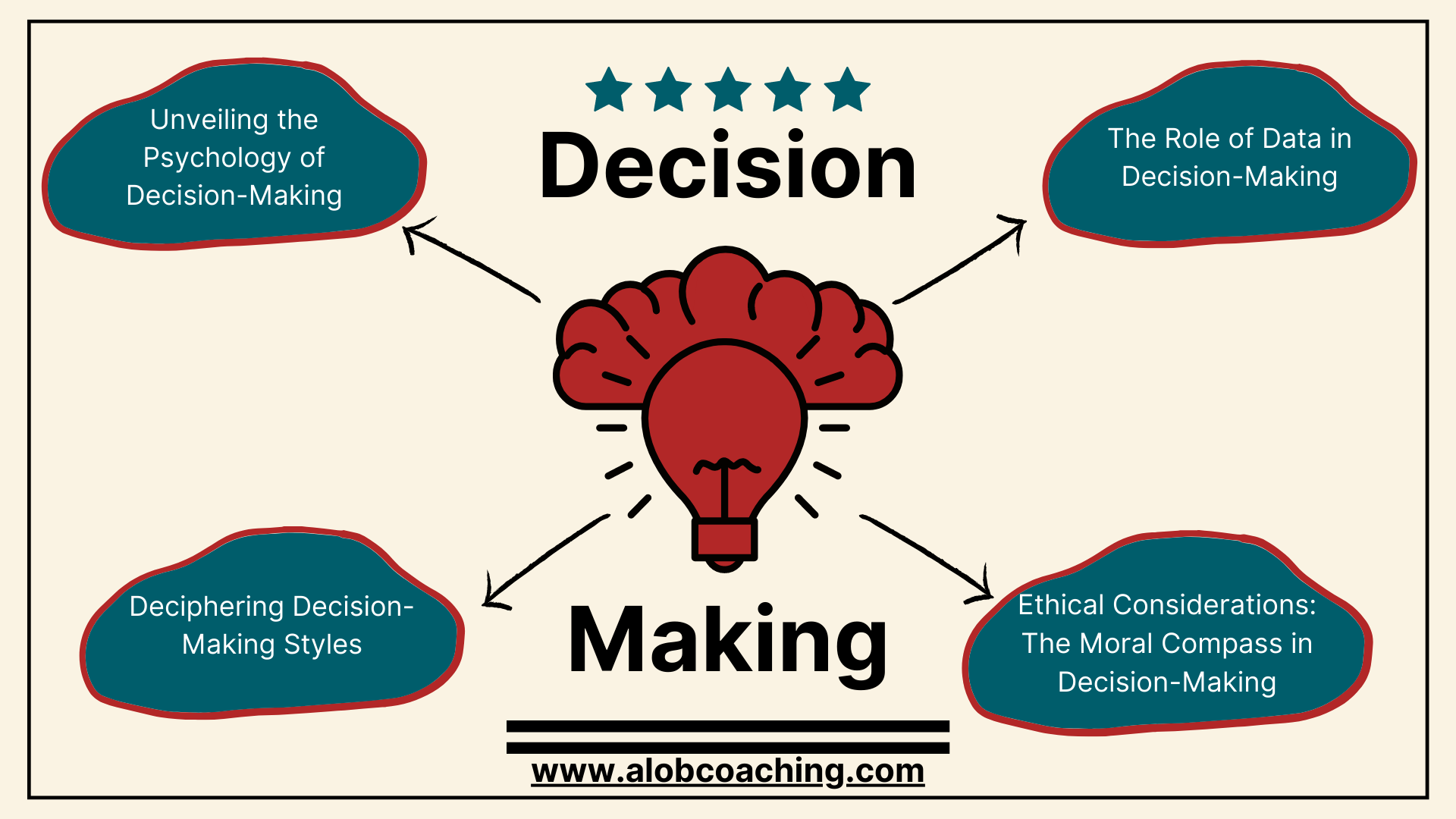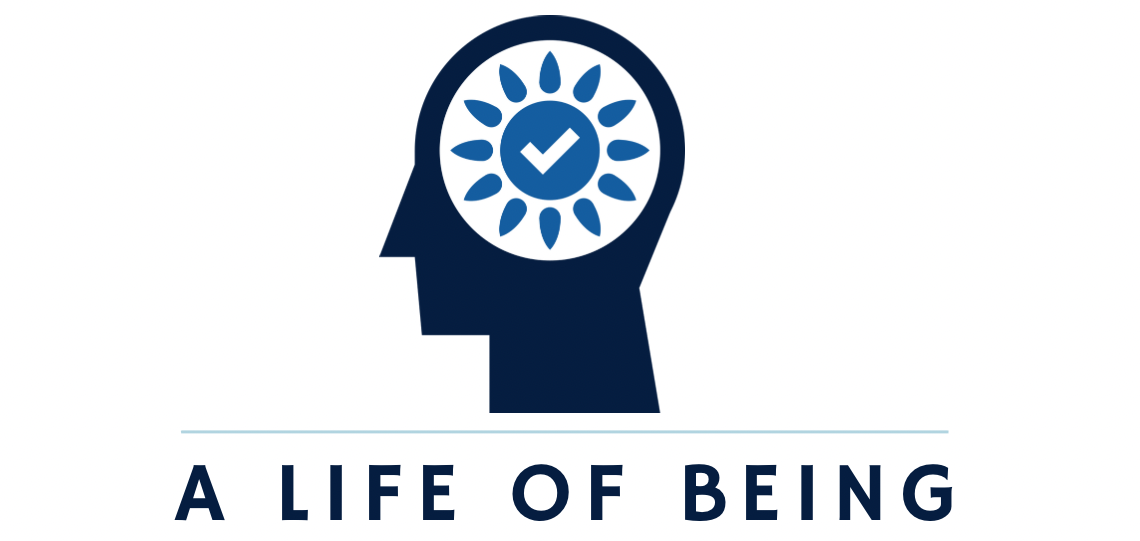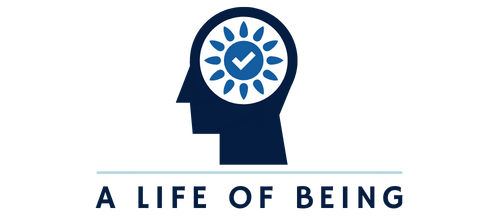Sustaining Business Success and Satisfaction. Welcome!
In this blog, I will share insight on how to live the best life possible and the skills to use in your work environment. A positive psychologist in your workplace is a must! Imagine being able to think, act, and perform at the highest levels possible. Imagine a workforce full of passion, creativity, and love for their work, who are simply happier people doing what they do best -- nothing less than pure success!
Sustaining B.S. for short.
I have never been great at naming things I do. In college, my best friend and I started vlogging our travels, and the names did lack some clickbait. I recently started a Live Series called "Live on Thursdays." Seriously. Why?
But Sustaining B.S., I am proud. I am excited about it as well! For those of you who are new to my world, I am Fayth Woodward, your author. I am the owner of this beautiful website and business, A Life of Being Coaching. At our company, we specialize in Positive Psychology coaching. Here you will find research and science-based solutions for your business and life problems. Some new blogs will include: how to reduce workplace stress, how to improve leadership effectiveness, how to motivate your workforce, and essential ingredients from positive psychology that build success and satisfaction. If this resonates with you, you are in the right place, and we have some fantastic articles for you lined up.
I have a profound love for the study of positive psychology. For many years, I achieved many things but found difficulty in living a happy life. I lived in depression, had suicidal thoughts, set myself up for failure more times than not, and was constantly burning out left and right. It cost me stuff like my passion, wrestling (I suffered a C5 herniation, but I wholeheartedly believe what goes around comes around). At a young age, I suffered from past traumas, made mistakes, and let my mind hold me back from the success I could have had years ago.
Then, I studied skills, techniques, and habits that took me from a life of limitations to a life of satisfaction. Achieving everything I could ever desire, it was hard not to see myself clearly for the first time. Reading articles from this blog can help you find more meaning and satisfaction in life and saves you time doing it. Once you own that power, apply the profound sense of self-awareness to your business, employees, and the world.
Before we hop in, I want to thank you for checking out this blog. There will be many more to follow, and having you here means the world! If you like what you read, want summarized versions and exclusive content, and want to learn more, please subscribe, and we will send you a gift along with your subscription!
Well, what even is Positive Psychology?
Positive Psychology is the study of what makes life worth living. It’s a field that focuses on human strengths and well-being and areas such as happiness and fulfillment. You may be wondering why this is important for business owners. Well, it turns out that positive psychology can help us make better decisions and build better relationships with our employees.
Many people think positive psychology is about happiness, but it’s more complex. It’s about understanding how our minds work and learning how to improve our lives through this knowledge. You can use it in your business to make smarter decisions, build better relationships with employees, and increase productivity. This is because when you understand how your brain works and what factors influence it, you can make more informed choices that will benefit your company and yourself.
Why should you embrace positive psychology in your organization?
Positive psychology is a recent development in the field of psychology that focuses on what makes people happy. It's primarily based on the work of Martin Seligman, who founded the Positive Psychology Center at the University of Pennsylvania. The center's mission is to study ways we can improve our daily lives and help other people do the same.
One core idea behind positive psychology is that there are two kinds of happiness: hedonic and eudaemonic.* Hedonic happiness comes from pleasures like eating chocolate or playing video games—things we might do for fun but aren’t necessarily linked to deeper meaning or purpose in life. Eudaimonic happiness comes from engaging with activities that make us feel connected to others, such as volunteering at an animal shelter or helping a friend move into their new apartment. According to positive psychologists like Seligman, it’s essential not just for individuals but also for companies as a whole to focus more on eudaemonic forms of happiness because they have been shown not only lead employees toward tremendous success at work but also have benefits outside the office walls (e.g., better relationships).
Positive psychology can help employees be more productive, engaged, satisfied, effective, and motivated in the workplace. It's a win-win for everyone involved!
Tell me more about productivity, engagement, and satisfaction!
Everyone knows that a happy employee is a productive employee. The problem is that many factors can make it difficult for people to be happy at work: stress, lack of control over their jobs, and life satisfaction are just some examples. At times like this, positive psychology might be able to help! Positive psychology is an alternative way of thinking about psychology that focuses on the positive aspects of life rather than its negative ones (such as mental illness). It aims to increase your success in life by helping you reach your full potential and live more happily.
Positive psychology has been proven to improve our quality of life. It can help us be more mindful about our actions, which leads to greater satisfaction with work and a sense of fulfillment from doing meaningful things. It also lets us see things from different perspectives - even if you don't like something at first glance (like your employees' first draft of their project), there's always room for improvement when it comes time.
An essential aspect of positive psychology is that it helps people find meaning in their lives. This makes them happier because they feel like they're doing something meaningful for themselves or others, which is often essential to our happiness.
But what does this have to do with work? Well, it's not just about helping people find meaning in their lives. It's also about helping them figure out how to make their jobs more meaningful and satisfying. That means focusing on things like employee engagement or job satisfaction - these things are essential!
Embracing a sense of purpose
When you're working toward a critical goal, it makes you feel like what you're 'doing' has meaning. It's part of what keeps us going when things get tough and prevents burnout.
It turns out that a sense of purpose is essential to happiness and well-being, but not the only one—money matters too! If someone has no money but lacks purpose, they tend to be less happy than someone who has some money but also feels like their life has meaning.
So how do we find our sense of purpose? You can start by considering what motivates you: What do you enjoy doing? Are there ways for them to be used for good in society? If so, consider expanding on these ideas! Or perhaps some people need help in your community or around the world; maybe there's something else within reach (even if it seems small) that would give them hope or improve their quality of life.
This is an excellent time to reflect on what motivates you. What do people say about your work or hobbies? Are there ways for them to be used for good in society? If so, consider expanding on these ideas! Or perhaps some people need help in your community or around the world; maybe there's something else within reach (even if it seems small) that would give them hope or improve their quality of life. You can also find purpose in your own life and the lives of others, which is why relationships are so meaningful. Think about how much happier you feel when someone tells you "thank you" for something or what it's like to connect with people who share similar viewpoints as yours on politics and other issues. You can read more about how A Life of Being implements meaning, purpose, and motivation through the model PERMA.
Learning your strengths is crucial to finding meaning, purpose, and motivation. Strengths, in this context, are the inherent abilities that make you unique. They are the characteristics you possess that allow you to excel at something and impact others. You can find out your strengths by taking a test like the VIA Survey of Character Strengths or StrengthsFinder 2.0. Within programs, we equip you with a full strengths report and how to apply it to your work to find the most goal success.
Strengths
Strengths are your personal qualities, skills, and characteristics to achieve your goals. They can be used in both your personal and professional life. Examples include being a strong communicator, resilient or compassionate. How do you know if you have strengths? The first step is to identify them by asking yourself these questions:
- What do I enjoy doing most?
- What makes me feel good about myself?
- What are my top three achievements so far in life (e.g., getting into university)?
The second step is to find out where your strength lies. There are many ways of identifying this – for example: observing what others think of us; looking at our résumé/CV; recognizing our workplace strengths as identified by managers or peers based on performance reviews/feedback sessions with colleagues; talking with friends or family members who know us well enough to list three things they like best about us – then comparing their lists with ours.
You can't end there. Once we identify strengths, identify how we could use our powers in various life situations. For example, consider which of your muscles perform well if you're applying for a job that might help you. If you need assistance with this or any other questions, please get in touch with me, and I'll be happy to help.
Strengths and Mental Well-Being
Another area where strengths can be applied is in mental wellbeing. Mental health issues are a significant problem among employees and their employers. According to the American Psychological Association, more than half of American workers report experiencing psychological distress on the job in any given week—and those who struggle with these issues often find themselves unable to meet their responsibilities at work.
Stress and burnout are huge weighing factors on mental well-being in the workplace. The American Psychological Association estimates that as many as 75% of working Americans are experiencing stress on the job. Stress contributes to poor mental health, including depression and anxiety disorders. In addition to stress, burnout is also a significant problem for many workers. Burnout occurs when people feel overwhelmed by work demands or lose passion for their jobs over time, often leading to feelings of cynicism and detachment from both the workplace and their coworkers.
Mental wellbeing, however, doesn't just refer to dealing with mental illness or disorders; it also involves cultivating positive emotions and maintaining an optimistic outlook on life that allows you to enjoy yourself as you go about your daily routine. The good news is that there are many ways for people to improve their mental well-being by using the strengths they already possess!
For example:
- If you're good at managing people or leading teams, try using this ability when planning projects or giving feedback on team performance.
- If you're known for being creative and innovative in your thinking and problem-solving abilities, think about how those skills could apply outside of work hours (for example: looking for new ways of doing things around the house)
- And if exercising regularly brings positive benefits into your life, like feeling energized after exercising, consider taking up a sport like a tennis or swimming so that exercise becomes part of something else enjoyable instead of just another task on an already busy schedule.
If none of these things sound appealing, then it's time for some help! Many professionals specialize in helping individuals overcome obstacles such as low self-esteem and depression by working on their mental health. Most of all, remember that life can be a lot more fun when we focus less on what's wrong with ourselves and instead look at how we can use our strengths to make good things happen.
How Positive Psychology Has Transformed My Life
My work in Positive Psychology has had a profound effect on my life. I have learned to understand myself and my strengths better, which has helped me achieve tremendous success in my personal and professional life.
When it comes to finding and applying my strengths, my coaches have ensured I see a massive return on my investment in business and relationships; however, the best return has been within me. I have also learned how to use my strengths practically, which has helped me be more effective and efficient. I can now make better decisions, handle complex situations quickly, and connect with people on a deeper level. When I began looking at the science behind positive psychology and what makes people happy and successful in life—using tools like the VIA-IS (Values in Action Inventory of Strengths)—it was hard not to see myself clearly for the first time.
It's easy to get caught up in the day-to-day demands of your job, but failing to take time out for yourself can be harmful over time. If you are feeling overwhelmed or stressed about something at work, try taking some time for yourself. Relaxation exercises like meditation or yoga can help you calm down and refocus on what is essential in your life. An excellent way to start relaxing is by doing something nice for yourself! Buy yourself flowers or treat yourself to dinner with friends; anything that makes you happy will help boost your mood and reduce stress levels!
Knowing your strengths and how they can help you achieve success can be easy for others around you who don't share those same talents or qualities. This is particularly important in the workplace, where there may be little room for error.
If you can do one thing, do this.
BUILD A POSITIVE WORK ENVIRONMENT. Your business is about the people, and if people are not appropriately managed, it will lead to chaos and stress for the organization. Positive work environments are built on purpose, well-being, and strengths. This can be achieved through several strategies.
- Purpose: Create an environment where people want to come to work. This might mean creating spaces that encourage collaboration or allowing employees to flex their creativity in how they do their job (for example, if you’re a recruiter who works remotely, why not allow them to choose the music they listen to in their day?).
- Wellbeing: Ensure that your company has policies around off-site time management, so employees can schedule meetings when needed and still have free time throughout their day. It’s also essential for managers to understand the difference between managing effectively and managing too much—though it may seem like you’re helping your team members by giving them more tasks than they can realistically complete within one week or month, this behavior could prevent them from achieving anything meaningful at all.
- Strengths: Allow employees an opportunity to apply themselves using those areas where they feel confident or engaged with a project; this will help create buy-in from all stakeholders involved with accomplishing company goals
Conclusion
Positive psychology is a growing field of study and practice that focuses on people's strengths and how they can be used to improve well-being. Positive psychologists believe that good moods are more likely to lead to positive outcomes in life than bad attitudes do, so we need to cultivate positive emotions and avoid negative ones. This new blog will feature the study of what makes life worth living and brings happiness, fulfillment, and meaning.
Positive psychology has been found to have benefits for both individuals and organizations. These include increased productivity, reduced absenteeism from work due to health problems (e.g., depression), improved engagement with customers or clients, higher levels of creativity, etc. It also helps companies with their bottom line because employees are happier at work and less likely to leave as soon as another job offer comes along!
Positive psychology changed my life, my client's lives, and my business, and I hope it can do the same for you. If you’re interested in learning more about positive psychology, how it can help you and your business, or how to apply it in your life, contact me today!
To learn more about this topic, check out our resource page!
The Blog


a b c d e f g h i j k l m n o - Do not remove from template!!! it is important to support different fonts



